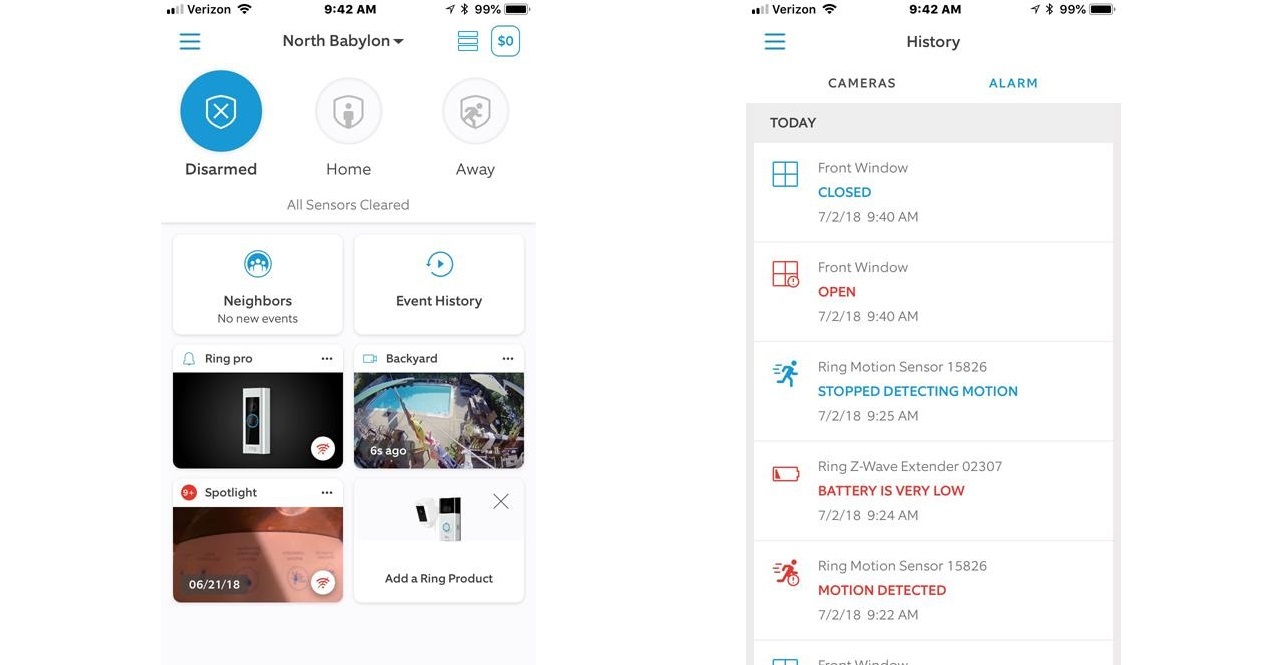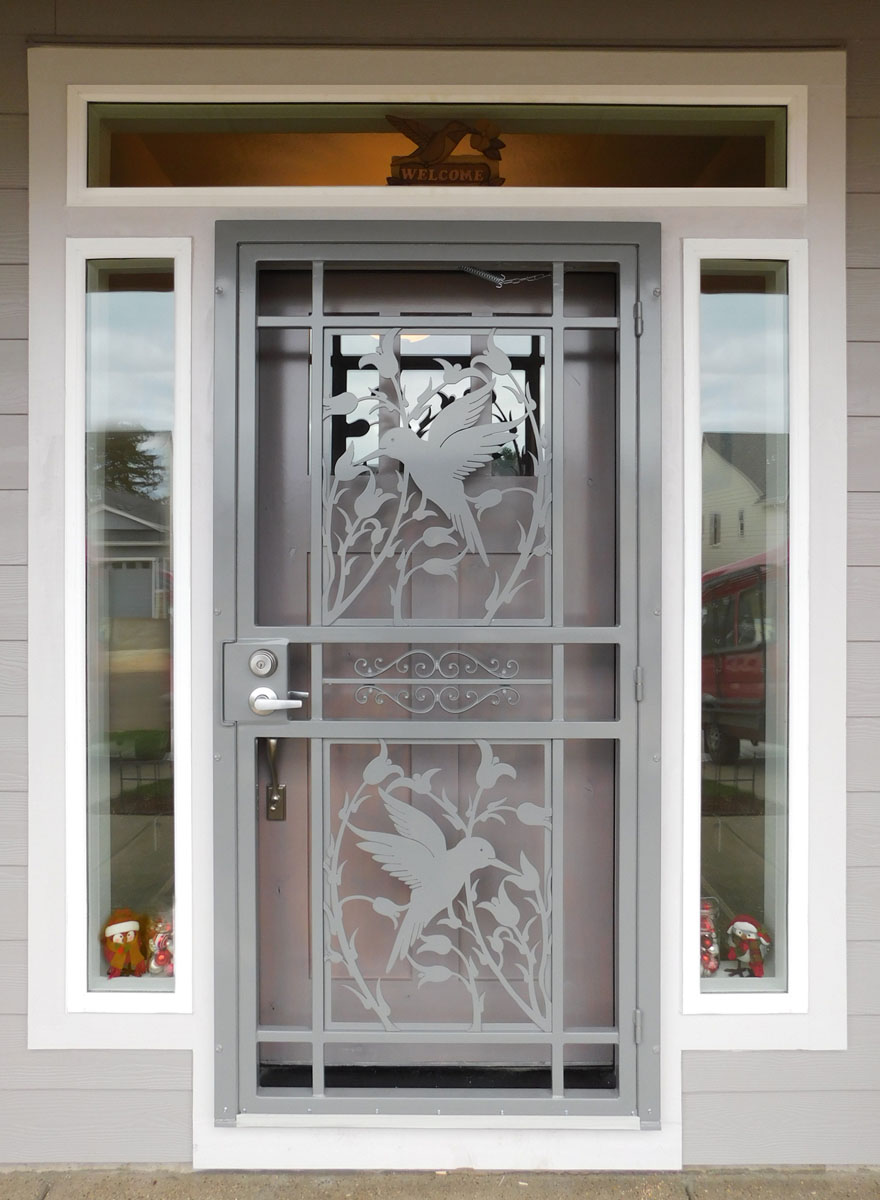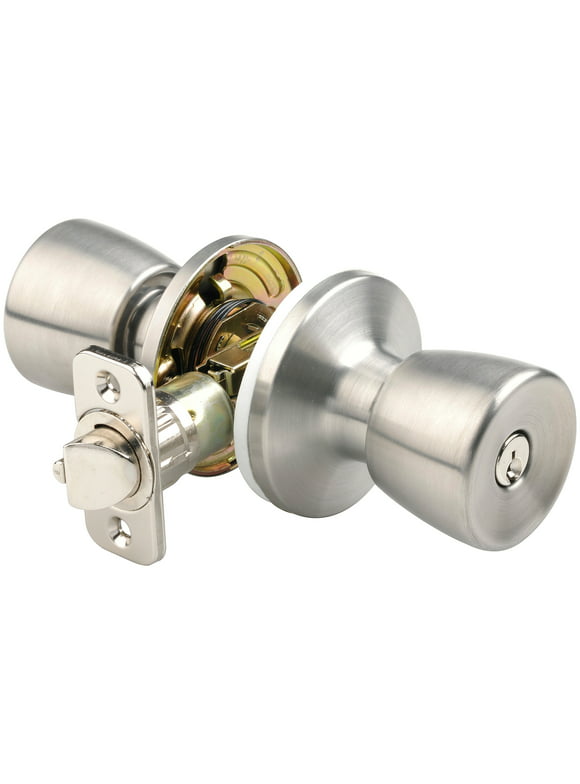
If you use a computer for work every day, or even just to play around with it, you should protect it from hackers and scammers. The best computer software will do this for you by detecting and removing viruses, malicious code, phishing attempts, and any other malicious program. These programs also guard against dangerous websites and block unwanted content. They can even manage passwords.
Cheap Antivirus
Some antivirus companies offer special deals for new users. They also offer discounted rates for multi-year subscriptions. Prices for these packages range between $20 and $50 per year. However, prices vary depending on which company you choose and the features that you require.
Best Antivirus suite
Many antivirus suites are available, but the most popular ones include Trend Micro Internet Security, AVG Maximum Security and Bitdefender. These packages protect against a wide range of threats, including malware, spyware, and ransomware.
These programs also encrypt files that are sensitive, lock them using a password, then permanently delete them. The software can be used for Windows, Mac and Android.

Good antivirus software isn't cheap, but it will help keep your computer safe and secure. It's primary benefit is the ability to detect new virus strains and prevent your computer from becoming infected.
It is important to keep your passwords up-to date and secure. It can also remove malicious files and update drivers.
Avira offers a high-quality antivirus program for a reasonable price. The interface is easy to use and has a sleek look. However, it may need some tweaking in order to meet your specific needs.
AV Test rated this program as "highly efficacious" in its latest tests. This software comes with a VPN that allows you to bypass geo-restriction restrictions and a password management tool. This software can be resource intensive, and it may not always work on older systems. However, it is fast, efficient, light and effective and does a fantastic job defending your computer.
Kaspersky has been a leading name in internet security for many years. Its latest antivirus software, Total Security, is the best in lab testing. It also offers other extras, including a webcam scanner, parental controls, a secure browser, and home-network-management software.

If you're looking for a high-quality antivirus solution, then it's worth spending the extra money on a standalone package from one of the top providers. They offer better coverage, but cost more.
Combining anti-phishing with antivirus is the best solution for antivirus and internet protection software. These systems are created to identify malicious websites, and block them from stealing information or exposing private data. They can also block ransomware or protect you from attacks like phishing.
The best software for antivirus will protect your PC and mobile devices. This software will stop a wide variety of threats, including those that may harm your privacy, steal personal data, or lock you out. It will also protect your identity and passwords by analyzing your online activity.
FAQ
What is the best security system to install?
The best security system depends on the value you place on your home. You can go with a basic alarm system which is inexpensive but doesn't offer too much protection. You can also get a more sophisticated one that offers remote monitoring, video surveillance and access control.
How much does an effective home security system set you back?
A good home security system can cost about $2,500. While this may seem high-priced, it's actually quite affordable when compared to the peace and security you'll enjoy by owning a safe and secure house.
What is the best home security program?
ADT Pulse is the most widely used home security system.
Are there any real reasons to have a home alarm system?
A home security system is essential for anyone who owns a house. You don't have to be worried about a burglar breaking into your home. They'll take anything they want, including expensive electronics and jewelry. They can even take everything if your doors are unlocked.
A home security system helps protect your home by alerting you whenever something happens. This includes motion detection, sending alerts via your mobile device, recording activity and allowing you access to the footage.
You don't have to invest in a sophisticated home security system if you prefer not to. A simple DIY camera will do the trick. These devices let you see who's at the front door and send you notifications when they enter or exit. However, they will not stop intruders breaking into your home.
Statistics
- (In my experience, the discount on my home insurance covered about 25 percent of the subscription of an average plan, but your mileage may vary depending on your location and the size of your home.) (theverge.com)
- Related questionsHome security systems that are 100% DIY (safewise.com)
- That's probably why Cove has a whopping 98%* customer retention rate. (safewise.com)
- Unlike other online safety services that charge up to 100 percent of your monthly fee, Cove charges no upfront fees and has no hidden costs.
External Links
How To
How to Install a Smart Home Wireless Security System
How to install smart home wireless security system
It is important to determine what level of security you desire for your home. There are many different types of systems available such as door locks, motion sensors, keypads, cameras, and even alarm systems. There are several types of security systems that are most commonly used.
-
Door Locks - These locks are great for keeping your house secure and preventing anyone from getting in without your permission. You have two choices: deadbolt or lever locks. They are simpler than the traditional deadbolt lock.
-
Motion Sensors - This is another great way to control who comes into your house. It acts like a normal light switch. However, it will turn on and off when there is movement near it. Some motion sensors are equipped with a built-in camera, which sends images back to the phone when it detects movement.
-
Keypad – A keypad allows remote code entry. For example, if you leave your keys inside your car and forget them, you can use a keypad to open your garage.
-
Cameras: Most people think cameras are surveillance devices. However, there are other uses for cameras. You could place a camera outside your home and monitor it through your smartphone. Or you could set your camera up to automatically take photos every few seconds and store them on your computer. Then you can review these pictures later whenever you want.
-
Alarm Systems - A alarm system alerts you when something is happening. These systems send a signal to your email or phone. You can view the video and see what happened after you get the notification.
-
Smoke Detectors - Many homes don't have smoke detectors installed, but they should always be included in new construction. These detectors are easy to install and inexpensive.
-
Flood Detectors – Flooding is the most serious threat to homeowners' homes. Flooding is the most destructive natural disaster. Flood detectors are therefore essential in protecting against this threat.
-
Carbon Monoxide Detectors- A carbon monoxide detector is an important safety device that is often overlooked. It is very dangerous as it is colorless with no odor and can be deadly. It is important to have a CO detector installed in order to protect your family.
-
Water Leak Detectors - One of the worst things that can happen to a homeowner is water damage. Many people don't know the best way to find leaks before it's too late. It's because leak detectors can be a valuable addition to any property.
-
Burglar Bars: Burglars are not attracted to houses that look vacant. So, adding burglar bars to windows and doors can help deter potential thieves.